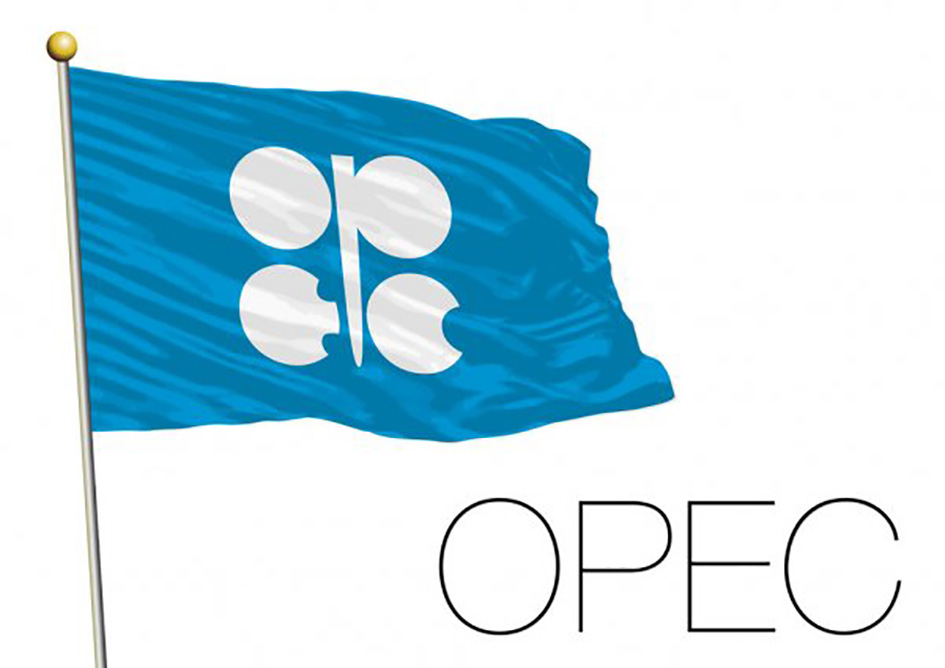OPEC+, the Organization of Petroleum Countries and allies announced this Monday they would go as planned regarding oil production. After their meeting, they agreed to stick with a gradual output increase of 40,000 barrels in November.
Firstly, OPEC+ has been under pressure from big oil consumers, especially the U.S. to increase oil output in order to face shortages and spiking gasoline prices. Especially after oil prices had spiked nearly 50% this year.
Early this year, the Organization agreed on gradual increases of 400,000 each month until 2022 to phase out the drastic production curbs that the pandemic prompted. As a result of the agreement for November, oil prices peaked at nearly $81 per barrel. Such an increase puts oil back to three-years high and adding inflationary pressures to the global economy.
According to Reuters, a source said. “There are calls for more of a production increase by OPEC+. However, we are scared of the fourth wave of corona, no one wants to make any big moves.”
Moreover, a senior to U.S. President Joe Biden met Saudi Crown Prince Mohammed bin Salman in Saudi Arabia on a range of issues last week. The main reason for the meeting was to talk about oil, as it was a “matter of concern.” India has also pressured the Organization for more oil.
Also recommended for you: Foxconn to seek DOE loan to retool electric trucks factory in Ohio. Click here to read.
OPEC+ fuels oil prices; natural gas prices keep their rally
Nevertheless, the oil cartel decided to stick to the plan. However, according to Reuters, four OPEC sources recently said that the producers were indeed considering boosting the oil output further.
In addition, after the news about the OPEC+ meeting, Brent crude was up $1,97, 2,5% and settled to $81.25 per barrel. This was its second large gain. Last week it rose 1,5% for its fourth consecutive weekly gain and was back up to highs last seen in 2018.
In contrast, U.S. oil, the West Texas Intermediate (WTI), rose $1.79, or 2.4%, to $77.67 after gaining for the past six weeks and was at its highest since 2014.
Finally, the oil prices rally has also been fueled by the natural gas prices spike. In fact, natural gas prices have increased around 300% globally; such an increase has been higher in Europe, prompting switching to fuel oil and other crude products to generate electricity and for other industrial needs.


